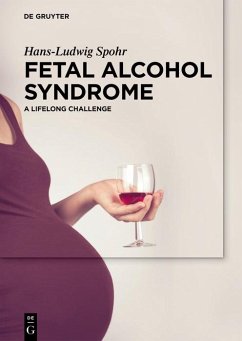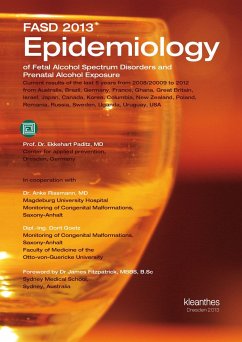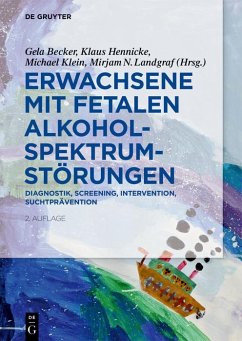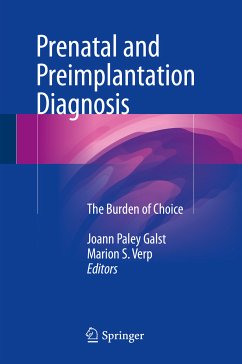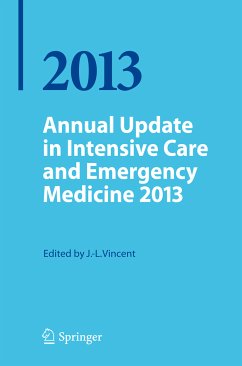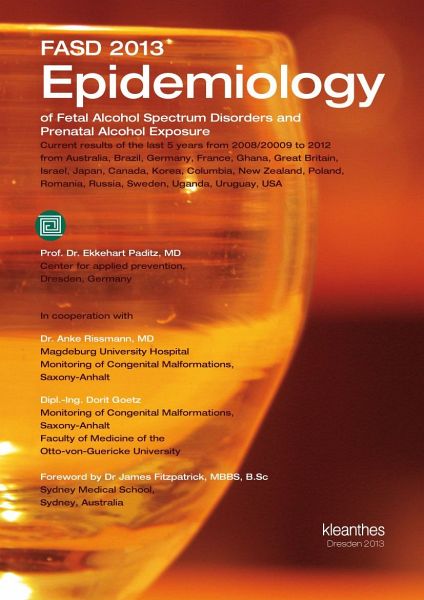
FASD 2013 EPIDEMIOLOGY of Fetal Alcohol Spectrum Disorders and Prenatal Alcohol Exposure (eBook, PDF)
Current results of the last 5 years from 2008/20009 to 2012 from Australia, Brazil, Germany, France, Ghana, Great Britain, Israel, Japan, Canada, Korea, Columbia, New Zealand, Poland, Romania, Russia, Sweden, Uganda, Uruguay, USA
Redaktion: Paditz, Ekkehart / Übersetzer: Dow, Melissa

PAYBACK Punkte
0 °P sammeln!
Current analysis of FASD epidemiology and the prevalence of maternal alcohol consumption during pregnancy in the last five years from 2008/2009 to 2012 show from an active case search that in elementary schools, at least one child with FASD per class (1:21-25) must be expected (Italy, MAY 2011; Croatia, PETKOVIC 2010). Population-based studies on the state or federal level reveal a significantly lower frequency (Germany, Paditz 2012; Saxony-Anhalt/Deutschland, GOETZ & RISSMANN 2012 in this volume; Israel, Senecky 2009). Several indicators, such as maternal alcohol consumption in 14% of women f...
Current analysis of FASD epidemiology and the prevalence of maternal alcohol consumption during pregnancy in the last five years from 2008/2009 to 2012 show from an active case search that in elementary schools, at least one child with FASD per class (1:21-25) must be expected (Italy, MAY 2011; Croatia, PETKOVIC 2010). Population-based studies on the state or federal level reveal a significantly lower frequency (Germany, Paditz 2012; Saxony-Anhalt/Deutschland, GOETZ & RISSMANN 2012 in this volume; Israel, Senecky 2009). Several indicators, such as maternal alcohol consumption in 14% of women from Israel, indicate that the real rate of incidence is higher. The range of incidence of prenatal alcohol exposure is found in national, cross-regional, or multicenter surveys of between 2.5% in Canada and 54% in Russia (PubMed 949 studies 2008-2012, including 21 studies from 13 countries with such surveys). Mono-centric studies showed similar rates of incidence between 6-29.5% (results from seven countries). Interviews with women from Australia (Aboriginal), New Zealand (Niue), the USA (Hispanic/ Latina) and Ukraine indicate that prenatal alcohol exposure is not only based on a lack of information about embryo and fetal toxic effects of alcohol, but that questions of self-image and the partnership between men and women contribute significantly to whether a woman enters into the vicious cycle of alcohol consumption or not. In the same way, it was found in Canada that the risk of maternal alcohol consumption during pregnancy was increased 24-fold with the chronic abdominal pain of Colitis Ulcerosa. Alcoholism and smoking increased this risk "only" five or twofold, respectively (THAN & JOHNSON 2010). Epidemiology thus represents an essential tool for the detection of initial conditions at the regional or national level, as well as for the evaluation of the effects of intervention, including the assessment of relevant resources that are required for the care of people with FASD. International comparisons are a contributor, in that the experiences of other countries are taken up, as well as benchmark projects are initiated. Epidemiology relies on well-defined diagnoses. A list of differential diagnostics for FASD with more than 25 relevant diagnoses pointed to the possibility of false positive results. Geneticists from Manchester (UK) found in 8.75% (7/80) of questionable FASD cases, other diagnoses for which existing symptoms could be held responsible (DOUZGOU 2012). Subtle clinical observations offered similar results in 1957 and 1968 in France in FAS first accounts from ROQUETTE and LEMOINE; also likely, set against the background of France in the 50s and 60s of the 20th century, France exhibited the highest alcohol consumption world-wide, as well as that, in this period, the incidence of congenital syphilis in numerous countries declined significantly.
Dieser Download kann aus rechtlichen Gründen nur mit Rechnungsadresse in A, B, BG, CY, CZ, D, DK, EW, E, FIN, F, GR, HR, H, IRL, I, LT, L, LR, M, NL, PL, P, R, S, SLO, SK ausgeliefert werden.



